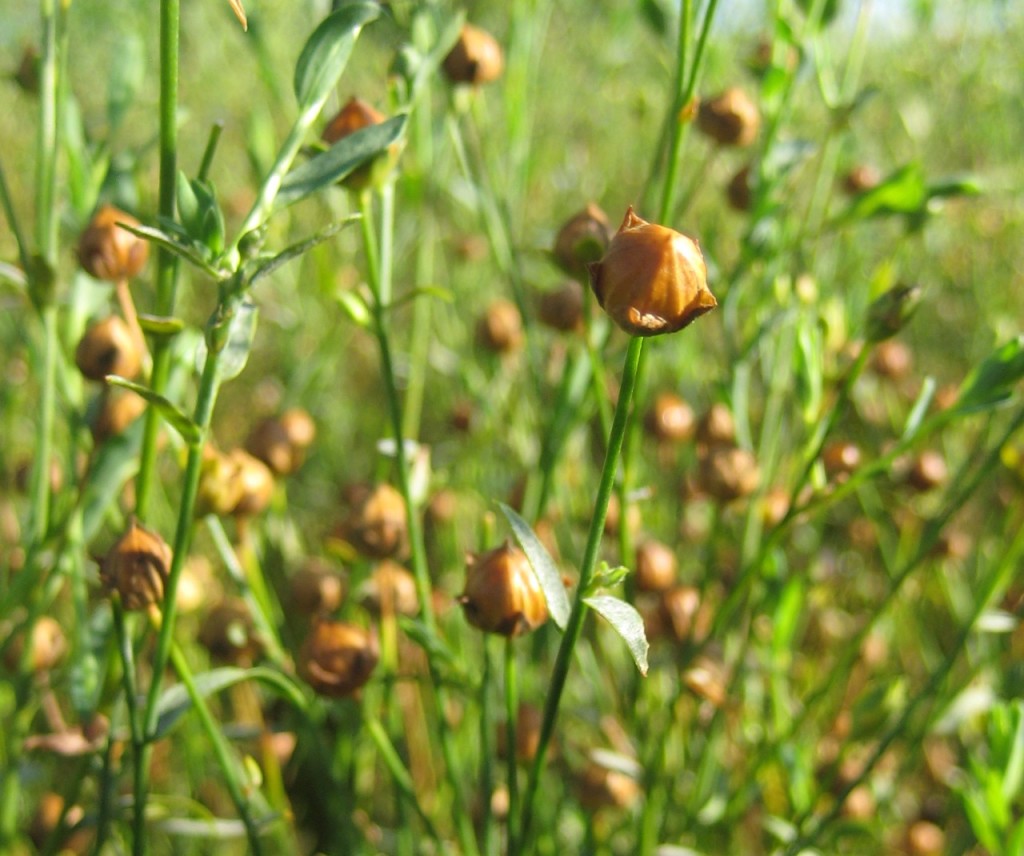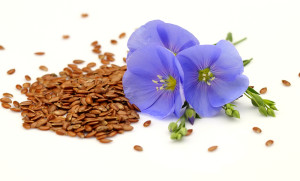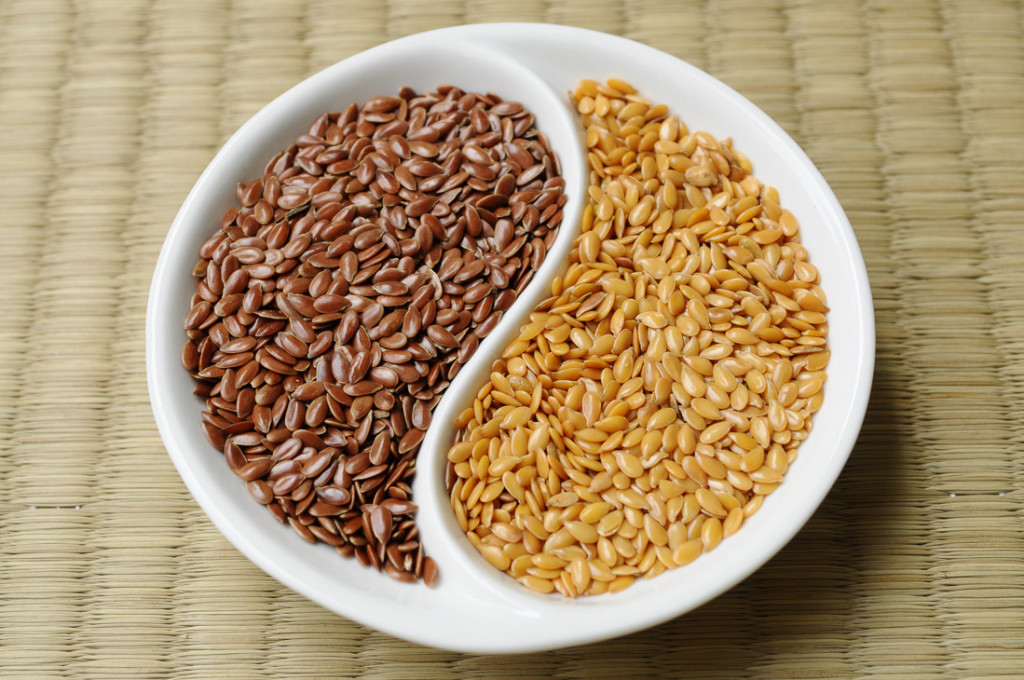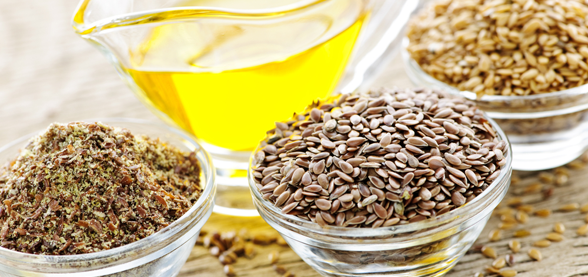Flax Seeds – Healthy Tiny Seed With Wonderful Nutritional Gift.
What is Flax Seeds ? What is flaxseed fibre? What’s So Special About Flax?
Flax is a multipurpose crop that is grown throughout the world. Flaxseeds are relatively small (about the size of a sesame seed), and can be a reddish brown or golden yellow color. Flaxseeds are often described as having a crunchy and chewy texture as well as a nutty flavor. Flax is a self-pollinated crop widely adapted to temperate climates of the world. The scientific name for flax is Linum usitatissimum L. Usitatissimum literally means ‘most useful’. Flax indeed has many uses with seed used for industrial, food and feed purposes.
The stem fibre of flax is of considerable interest for the emerging bio-fibre industry. Flax fibre has good strength, is lightweight and is gaining momentum as key ingredient in the manufacturing industry.
Flax seed as functional food for people
Because of its link to good health, flax is fast becoming a new food in many diets. Bakers and commercial food companies use flax as a unique ingredient in everything from yeast breads, to bagels and cookie mixes. Not only do muffins and breads baked with flax taste great, but studies also find that these foods provide health benefits.
An Excellent Source of Omega-3 and Fiber – Flax seeds health benefits-medicinal values -commercial uses-culinary and cooking
Flax seed contains . . .
• Large amounts of OMEGA 3 fatty acid, alpha linolenic acid (ALA) an essential fatty acid (EFA), that our bodies can’t make from other foods .
• Very high amounts of dietary,fiber,both soluble and and insoluble, similar to dietary fiber in other grains for example, oats, wheat, corn, rice, dry beans, soybeans, etc.
• the phytochemicals called lignans,having apparent anti carcinogenic action in animals….and other nutrients such as proteins, carbohydrates,minerals – flaxseed is very high potassium
Can Flax Seeds Help Prevent Diseases?
In recent years, many studies have focused on the disease fighting properties of flax or its components. Although the results of many of these studies seem promising, it is important to remember that more research on flax is still needed. Below is a short list of diseases and the ways that flax may help in prevention or
treatment.
Fights cancer : Flaxseed’s lignan content play a vital role in fighting cancers. The anti-cancer properties of flaxseed may also stem from alpha linolenic acid (an omega-3 fatty acid found in flaxseed), which is potentially capable of slowing tumor growth.
Controls cholesterol: Rich in soluble and insoluble fibre, flaxseed helps in reducing cholesterol levels. It reduces bad cholesterol and increases good cholesterol content. Including flaxseeds in your diet can help in reducing the risk of cardiovascular issues. It is also effective in proper functioning of the intestines. Flaxseeds can prevent and also treat certain type of cancers.
Relieves constipation: Flaxseed and flaxseed oil act as natural laxatives and give you relief from constipation without having any harmful side effects.
Improves immunity: A rich source of Omega-3 and Omega-6 fatty acids, flaxseeds protect your body from bacteria and viruses, improving your system’s immunity.
Improves blood sugar: Daily intake of flaxseeds improves the blood sugar of people suffering from diabetes.
How do use flax seeds
Flax is available at most specialty and health food stores, .the best quality flax seeds available our on line store NatureLoc,and can be purchased in four forms
Whole Flax seed – Ground Flax seeds – Flax oil -Flax seed pills
Daily Dose of Flax seeds -A Daily dose of ground flaxseed is about ¼ cup or 35 grams or 3 heaping tablespoons, depending on fineness of grind






















